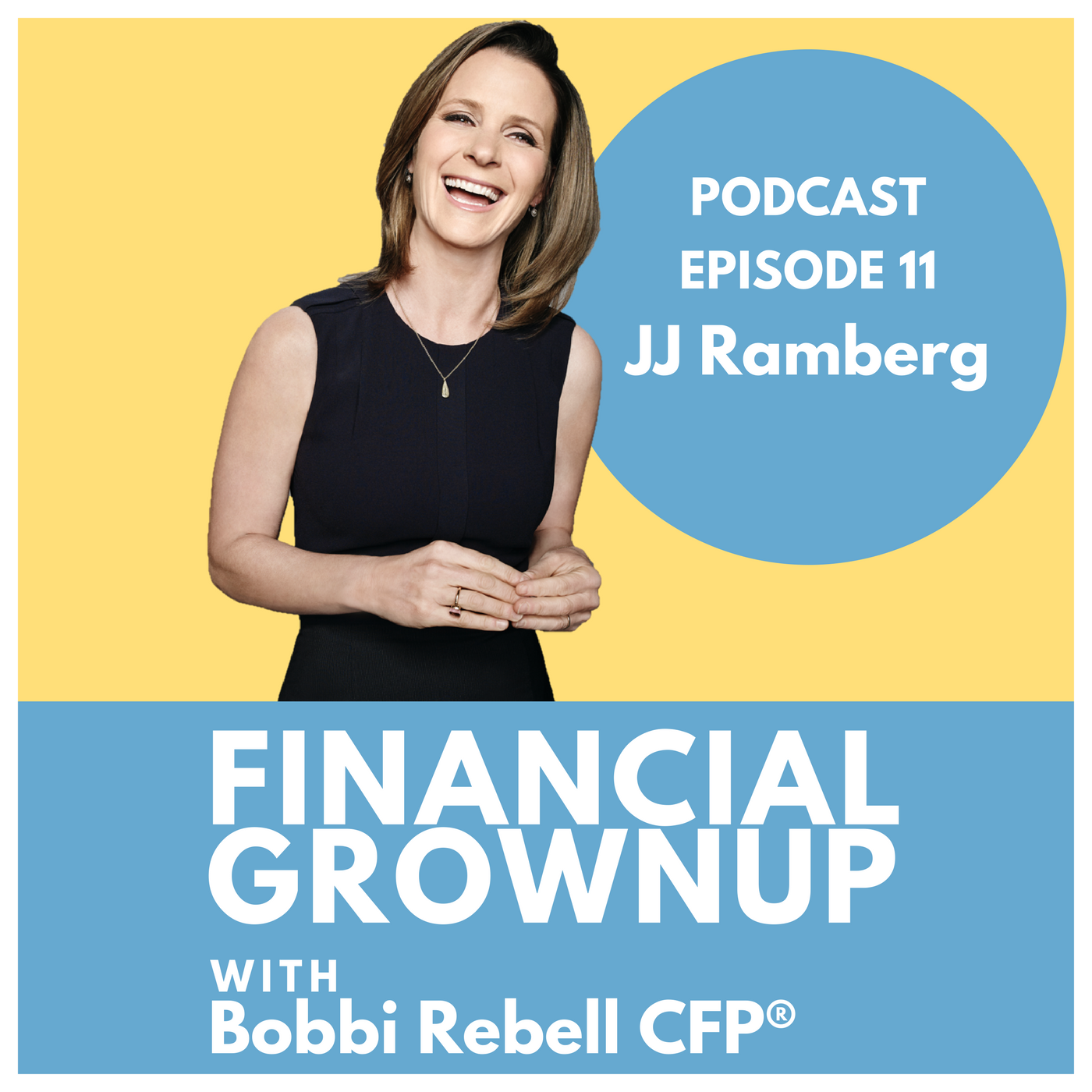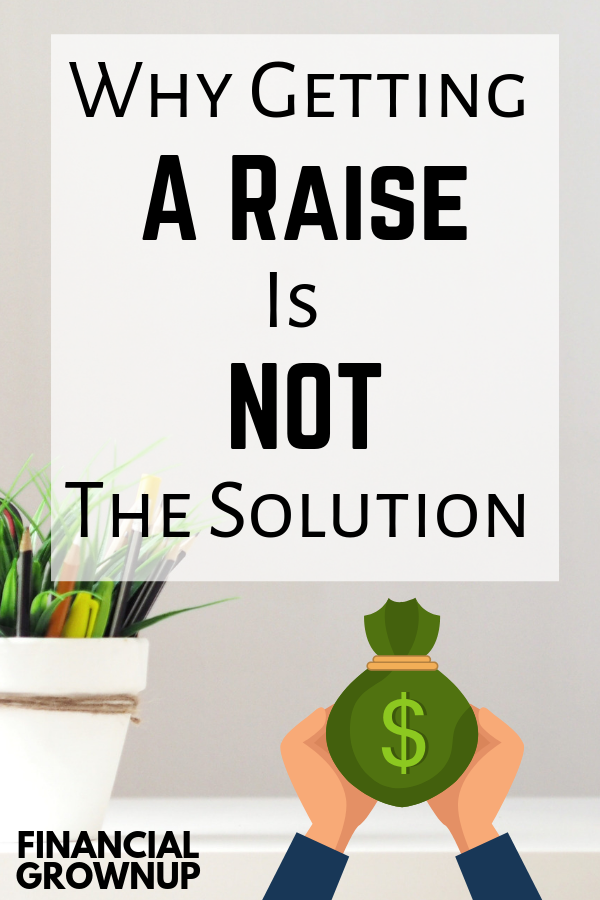At 29 years old Tanya Van Court thought she had more than a million dollars on hand to change the world and live the life of her dreams. Until it vanished in a few hours.
Tanya's money story:
Tanya Van Court:
I was 29 years old, it was in the first tech boom where all of the Silicon Valley companies had stock that was just rising uncontrollably. I happened to be one of the first 200 employees at a company in Silicon Valley that was doing extraordinarily well.
Bobbi Rebell:
What company?
Tanya Van Court:
The company was Covac Communications. Before any of the telephone companies or cable companies were offering high-speed data I had a great job, a meaningful job, and I had a lot of stock that went along with that job.
Tanya Van Court:
I got all this stock in Covac, and some of the stock I couldn't cash out yet, but a lot of the stock I could cash out. I could have sold that stock and went and diversified my portfolio and bought mutual funds, or invested it in many, many stocks, as opposed to having all of my eggs sitting in one proverbial basket. But I didn't, because it was literally the first stock I had ever known or owned-
Bobbi Rebell:
Wait, let's just back it up, so you were given, as part of your compensation, shares in this company. Did it go public? Where was this stock? Explain exactly what you were given, and how it was valued, and did you have opportunities to sell it?
Tanya Van Court:
Yes, I had opportunities to sell the stock, many opportunities. The company had gone public, and so I had the opportunity to sell the stock when the company went public, I had the opportunity ... not exactly when it went public, because we had a certain window. But that window had passed, and so I had many opportunities to sell the stock, but I had no idea that I should sell the stock.
Tanya Van Court:
The stock kept going up, and I thought, "Wow, this is great. The stock just doubled in the past six months. I should just hold onto it, and I guess it will double again."
Bobbi Rebell:
At its peak what was the value of this stock, and how old were you at that time?
Tanya Van Court:
I was 29, and the value of the stock at its peak was about 1.2 million dollars.
Bobbi Rebell:
At that time how did you feel?
Tanya Van Court:
You know, I was so excited, because since I came from a household of two parents who were elementary school educators, all I ever wanted to do was make a difference in the world. I knew that having that 1.2 million dollars in my late 20s was going to enable me to make different choices and different life decisions to help people and to give back instead of just working in corporate America and doing things that were kind of interesting to me, but weren't impactful to other people. I felt free, Bobbi. I felt really free and empowered.
Bobbi Rebell:
You're 29 years old, you have stock that on paper is worth 1.2 million dollars. What happened then?
Tanya Van Court:
The big Dotcom bust happened. Literally in hours stock just started to tank for company, after company, after company. I watched the stock literally go from being in the teens, each share was trading in the teens, to trading for less than a dollar. When I say less than a dollar it went from the teens to like .50 cents in the course of a few hours. Every bit of that 1.2 million was wiped away in a matter of hours.
Bobbi Rebell:
Wow!
Tanya Van Court:
Yeah.
Bobbi Rebell:
How did you feel then?
Tanya Van Court:
Then I felt stupid, I felt deflated, I felt panicked, depressed, it was almost as if you had 1.2 million dollars sitting in your living room, and you just left the front door to your house open and walked out and went to the park, right?
Tanya Van Court:
It was, like, wait a minute. I had been living this life and treating this money so casually, as if it would always be there.
Bobbi Rebell:
As you say, it was the dotcom bust. This was happening to everyone?
Tanya Van Court:
It was happening to everyone, and it's interesting, because while I suffered a tremendous loss with that stock that I could've diversified, what I still had was ... I still had a home that I owned, I had bought a condo, and I still had that. What I found with many of my colleagues who experienced that same bust, is that they had actually leveraged their stock to buy lots of other things, so they bought cars, and they bought multiple houses.
Tanya Van Court:
Because they had borrowed against that stock, once the crash happened, they then had to pay back the money that they had borrowed by going and selling off all of their assets, including the assets that they had come to the company with.
Tanya Van Court:
If they came to the company with a big million-dollar home in Silicon Valley that was passed down to them from their parent, or that they had worked really hard in a previous company to be able to buy, now all of a sudden, they not only lost all of their stock, they lost every other asset that they had, because they had to payback loans that they had made against their stock.
Tanya’s money lesson:
Oh my gosh. Diversify, diversify, diversify. Don't ever put all of your money into one basket. I don't care if that basket is a real estate basket, and you have found a hot, booming real estate market that's working really well for you, and so you're, like, "Let me just buy it."
More apartments here in X place, or more houses in X place, don't do that. Diversify your money. If you have found that your golden goose is a stock that is doing really well, don't do that. Diversify your money. You really have to weigh and measure your risk, and think about the worst case scenarios. If that particular company, if something happens to that company, if something happens to that area of town that you're investing in, and every asset you have goes under water, what happens to your entire portfolio?
Tanya's everyday money tip:
My everyday money tip is actually a money tip that kind of goes back to my time in college. I would always watch people who ... I don't happen to drink, but I would watch people who would do progressives. Where they went from one bar to another, or one restaurant to another, and progressively partied from one place to the next. Like, the party would follow them. Like, a group of people would go and they'd hang out in one place, and they'd do that for 20 minutes, and then they'd go and hang out at another place.
I thought, "Wouldn't that be fun if we did that just with our friends, and did it in order to swap and exchange stuff that we no longer needed at our respective homes." Look, we all look in our homes and we go, "There are 10 things here that I don't use anymore, that I don't need." If you happen to have kids there may be things that your kids don't use anymore, or your kids don't need. If you happen to be a sports fan there may be equipment that you don't use anymore. "Hey, I'm not golfing as much as I used to anymore."
There are things in all of our homes that we don't want or we don't need, and so it's a great way of getting together with five or six friends, scheduling it on a Saturday, and going to each other's houses where you put everything that you don't want in your living room, and it becomes a virtual shopping spree.
Bobbi Rebell:
I love, first of all, that it's social, and I love, also, it's always delicate, because when you want to gift to somebody something that maybe you don't need anymore it's an awkward thing to give them something that you don't want. Because it's kind of like, "Oh, you're giving me your leftovers." But if you just put it there and they can just decide to take it, then it takes away that sort of negativity and makes it a positive thing.
Tanya Van Court:
It absolutely does. I think it makes it a positive thing for everyone, like, you're super happy to get rid of it, but they're super happy to get it.
Financial Grownup tip #1:
One things Tanya mentioned that stood out is that, while she lost money that she had on paper, I know it still hurts a lot, others had leveraged against their stockings and lost so much more. In addition to her advice to diversify, we also want to be very careful when borrowing against actual assets. Do not over leverage.
Financial Grownup tip #2:
This holiday season take it a step further than what Tanya was talking about. Think carefully about the physical stuff that you are buying for other people, not just children. Unwanted gifts are a total waste of money. There are so many new ways that technology is allowing us to give differently. Apps like Goalsetter are great, especially for kids that have too much stuff. But when you want to send a physical gift, and sometimes this is even for business purposes, there are new services, like, GiftNow. That's my personal new favorite that I'm obsessed with.
Basically, the way that one works is that instead of a boring gift certificate you virtually send someone a specific gift from a retailer to their email, so you don't need their physical address, you don't have to send them an email asking where should I send this, who will receive it, blah, blah, blah. It opens in a virtual gift box, and they can select their size, so you don't have to be guessing. They can change the color, if you don't know what color they want. They can even exchange it all before it gets delivered, so you don't have the whole hassle of the return and all that stuff.
I just used it for my friends' baby's one year birthday. It was so great to not have to carry a gift to the party, not worrying about it getting lost in the pile, and to know that my friend could swap it out without me even knowing it, not worrying if she would hurt my feelings, if she didn't love the fabulous dress that I got her daughter.
Then again, you can never have too many little frilly little girl dresses, right? I'm sure it was a huge hit.
EPISODE LINKS
Check out Tanya's company GoalSetter here!
Tanya Van Court is on Shark Tank!
Follow Tanya!
Instagram: @tvancourt
Linked In: @Tanya Van Court
Twitter: @tvancourt
Follow Goalsetter!
Instagram: @goalsetterco
Twitter: @goalsetterco
Facebook: @goalsetterco
Learn more about GiftNow
Some of the links in this post are affiliate links. This means if you click on the link and purchase the item, I will receive an affiliate commission at no extra cost to you. All opinions remain my own.

















